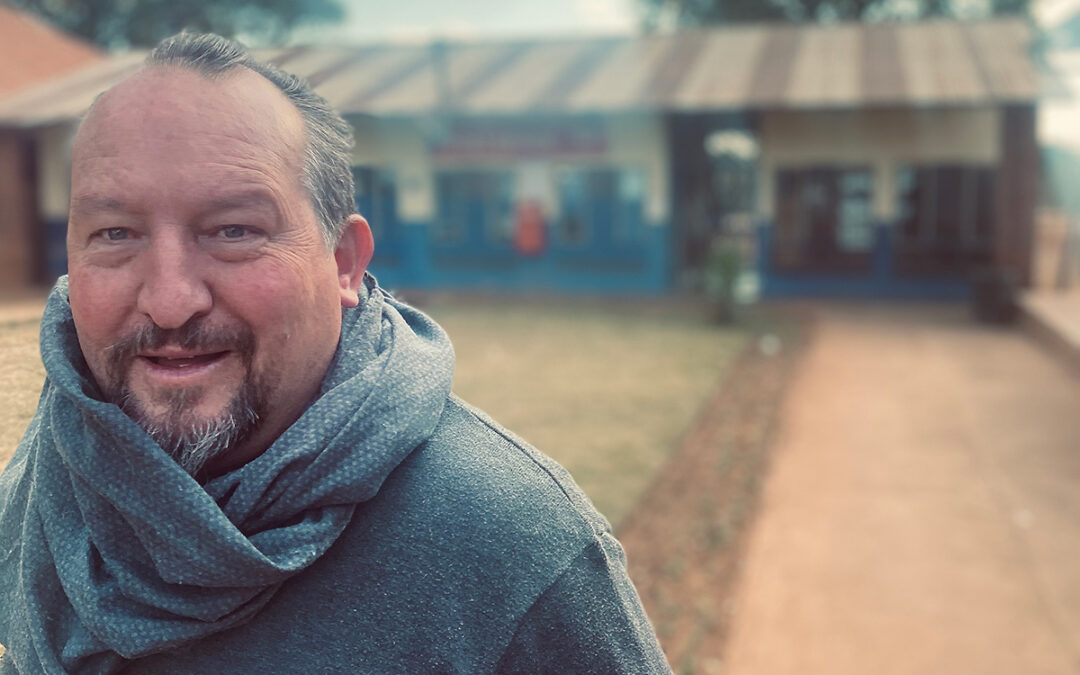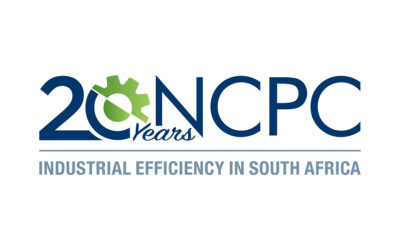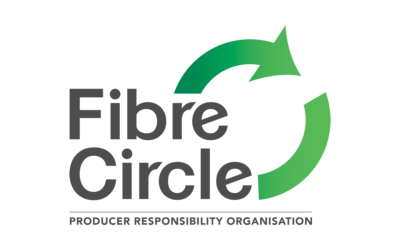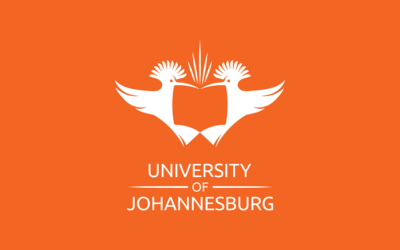In her capacity as the project manager at the Sustainability Institute, Rirhandzu Marivate is at the forefront of combating challenges around climate change through the lens of community farming. Established in 2019, Living Soils Community Learning Farm is a partnership project between Woolworths, the Sustainability Institute and Spier Wine Farm. The main idea of the project is to establish a sustainable farm that uses ecologically regenerative farming practices to grow food. The project is also a platform for training young farmers and it also ensures that the vegetables grown go towards supporting local food security.
To Marivate, farming is more than a vocation, it is “life giving and life affirming”. She believes that if we can live in a world where people and nature co-exist in a respectful relationship, we will be able to support ourselves and thrive. We need to understand that we have to actively restore and protect our ecosystems.
Extreme weather conditions, habitat destruction and soil degradation are not unique to our corner of the globe. What is uniquely South African are the socioeconomic consequences of these factors. The work that Living Soils does mitigates the economic effects of climate change within one of the country’s largest employment sectors. Its work also breaks the cycle of poverty and food insecurity that plague our population, particularly among the youth.
Living Soils plans to expand its work nationally and start multiple regenerative farm projects across the country. Marivate hopes to lead the next generation of sustainability advocates and environmental stewards, and she believes that it is through generational care that these issues can be properly addressed.
“You have to be hungry for knowledge and humble enough to realise that you can’t know everything, and also be willing to fail and to start over again.”











